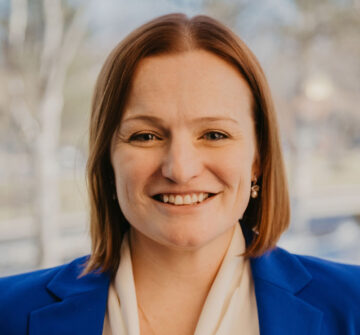Life Sciences 2.0 stokes Mass. competitiveness
JULY 05, 2018
How do you nurture the Commonwealth’s thriving life sciences sector? It takes more than a village — it takes an ecosystem. At least, that’s how Travis McCready, the head of the Massachusetts Life Sciences Center, characterizes the heady mix of brilliant minds, transformative ideas, thriving academic centers, and risk-taking startups that are building the region’s biotech future.There’s another key ingredient, however: the government partnerships needed to help fuel that growth. That’s why it’s noteworthy that Governor Baker overcame his initial skepticism and signed a bill, known as the Life Sciences Initiative 2.0, that commits up to $623 million in bond authorizations and tax credits over the next five years.
The bill expands on a 10-year, $1 billion effort launched by former governor Deval Patrick.“We don’t grow oranges or corn in Massachusetts. Our chief natural resource is smart people,” says Robert Coughlin, president of the Massachusetts Biotechnology Council, a trade group. Coughlin came to biotech because of his interest in finding a cure for his son, who has cystic fibrosis. That, in turn, has made him a staunch advocate for diversifying the life sciences workforce. “We need the best and brightest of every population, every demographic, and every region.”
The money also comes at a time when Massachusetts risks being outpaced by states where lower taxes and housing costs are increasingly attractive to tech workers. And confidence among Massachusetts employers weakened during June, in part because of President Trump’s penchant for tariffs and the state’s new law on paid leave, according to an index compiled by the Associated Industries of Massachusetts.
The money also comes at a time when Massachusetts risks being outpaced by states where lower taxes and housing costs are increasingly attractive to tech workers. And confidence among Massachusetts employers weakened during June, in part because of President Trump’s penchant for tariffs and the state’s new law on paid leave, according to an index compiled by the Associated Industries of Massachusetts.
Such a large investment of public dollars can be deemed a success only if it jump-starts opportunities outside of Kendall Square or Boston’s Seaport District, in Central and Western Massachusetts and the Gateway Cities. That’s where mentorship comes in. To realize its full promise, the Commonwealth’s ecosystem also needs people like Dr. Belinda Kadambi , a biotechnology professor at Bunker Hill Community College who has connected students — many of them immigrants — to internships and full-time jobs.
Alina Zhankulova , a 27-year-old Russian émigré, enrolled at Bunker Hill because she had little money for a four-year degree. Kadambi helped her set her course, and Zhankulova landed an internship at Vertex Pharmaceuticals. Now she’s working full time at GreenLight Biosciences in Medford, and she dreams of helping eliminate the use of harmful pesticides in agriculture. Not all biotech jobs require a PhD or a four-year college, Kadambi, an immigrant herself, notes: “Our alums are our wealth.”
Susan Windham-Bannister, the founding CEO of the life sciences center, saw what worked during the recession: smart funding, a diversified workforce, and careful review of projects. It’s the kind of bipartisan legacy that should continue — and will help Massachusetts remain a national life sciences powerhouse


